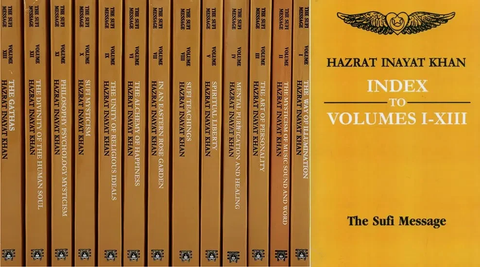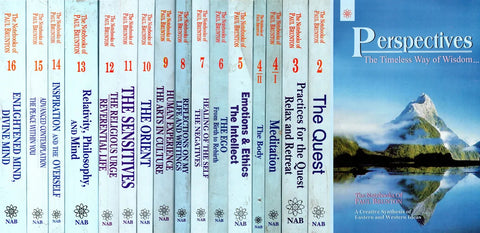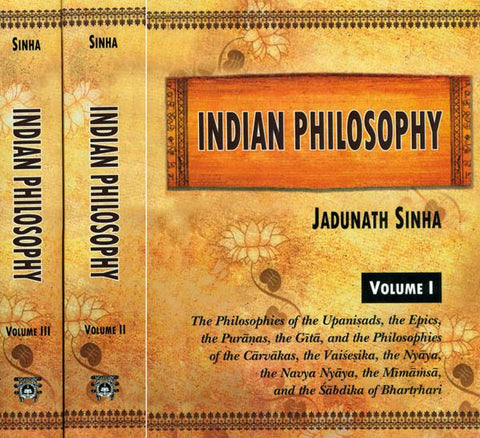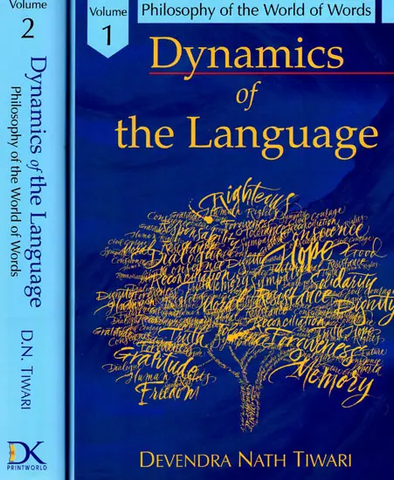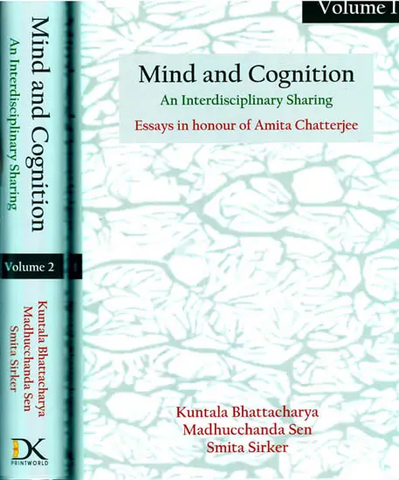Your cart is empty now.
This book originates in the Terry Lectures given at Yale University in the autumn of 1961. According to the author, this book deals with Freud and not with psychoanalysis. Secondly, this book is one not of psychology but of philosophy. The problem concerns here is the texture or structure of Freudian discourse. First, it is an epistemological problem: What is interpretation in psychoanalysis, and how is the interpretation of the signs of man interrelated with the economic explanation that claims to get at the root of desire? Second, it is a problem of reflective philosophy: What new self-understanding comes out of this interpretation of culture excludes all others? If not, what is the rule of thought by which it can be coordinated with other interpretations without falling into eclecticism?
Book II, the "Reading of Freud," conducted as rigorously as possible, has been kept separate from Book III, the "Philosophical Interpretation". Thus the reader may treat the "Analytic" of Book II as a separate and self-sufficient work.
PAUL RICOEUR (1913-2005), a French philosopher, is best known for combining phenomenological description with hermeneutic interpretation. Ricoeur taught at the University of Strasbourg 1948-56. In 1950 he received his doctorate and soon acquired a reputation as an expert on phenomenology, whose popularity in France had begun during the 1930s. In 1956 Ricoeur took up a position at the Sorbonne as the Chair of General Philosophy. While at the Sorbonne, he wrote Fallible Man and The Symbolism of Evil published in 1960, and Freud and Philosophy: Essays on Interpretation published in 1965.
Ricoeur taught briefly at the Catholic University of Louvain in Belgium, before taking a position at the Divinity School of the University of Chicago, where he taught 1970-85. Thus Ricoeur became one of the few intellectuals well acquainted with the three major intellectual scenes: French, German, and Anglo-American. This culminated in his The Rule of Metaphor: Multi-disciplinary Studies of the Creation of Meaning of Language published in 1975 and the three-volume Time and Narrative published in 1984, 1985, and 1988. Ricoeur gave the Gifford Lectures in 1985-86, published in 1992 as One Self as Another.
On November 2004, he was awarded with the 2nd John W. Kluge Prize for Lifetime Achievement in the Human Sciences (shared with Jaroslav Pelikan). Paul Ricoeur died in his house of natural causes on May 20, 2005.
This book originates in the Terry Lectures given at Yale University in the autumn of 1961. I wish to express my deep thanks to the Lecture Committee, the Philosophy Department, the Director of the Yale University Press, and the President of Yale University for the invitation to undertake this work.
In the autumn of 1962, eight lectures given by the Cardinal Mercier Chair at the University of Louvain became the next stage of the work. I wish to thank the President of the Institut Superieur de philosophie and the colleagues who welcomed me in this chair for their criticism as well as for the indulgence they showed toward an enterprise in progress.
I now owe it to the reader to give some indication of what he may and what he may not expect from this book.
In the first place, this book deals with Freud and not with psychoanalysis. This means there are two things lacking: the analytic experience itself and a consideration of the post-Freudian schools. As for the first point, it is taking a gamble, no doubt, to write about Freud without being an analyst or having been analyzed and to treat his work as a monument of our culture, as a text in which our culture is expressed and understood. The reader will have to judge whether the wager has been won or lost. As for the post-Freudian literature, I have deliberately set it aside, either because it stems from corrections brought to Freud's ideas from analytic experience that I do not have, or because it introduces new theoretical conceptions the discussion of which would have led me away from a rigor-Nis debate with the true founder of psychoanalysis. Therefore treated Freud's work as a work unto itself, and have avoided::cussing the conceptions of dissidents turned adversaries: Adler and Jung, or of students turned dissidents: Erich Fromm, Karen Honey, Harry Stack Sullivan, or of disciples turned creators: Meltnie Klein, Jacques Lacan.
Secondly, this book is one not of psychology but of philosophy. My interest centers on the new understanding .of man that Freud introduces. I place myself in the company of Roland Dalbiez,1, my first professor of philosophy, to whom I here wish to render homage, and of Herbert Marcuse,2 Philip Rieff,3 and J. C. Flugel'
My work differs from that of Roland Dalbiez on an essential point: I do not believe that Freud may be confined to the exploration of the less human elements in man. My enterprise stems from the opposite conviction: Psychoanalysis conflicts with every other global interpretation of the phenomenon of man because it is an interpretation of culture. On this point, I am in agreement with the last three authors cited. I differ from them, however, by the nature of my philosophical preoccupation: my problem concerns the texture or structure of Freudian discourse. First, it is an epistemological problem: What is interpretation in psychoanalysis, and how is the interpretation of the signs of man interrelated with the economic explanation that claims to get at the root of desire? Second, it is a problem of reflective philosophy: What new self-understanding comes out of this interpretation, and what self is it that thus comes to self-understanding? Third, it is a dialectical problem: Does Freud's interpretation of culture exclude all others? If not, what is the rule of thought by which it can be coordinated with other interpretations without falling into eclecticism? These three questions mark the circuitous route by which I take up the problem left unresolved at the end of my Symbolism of Evil, namely the relationship between a hermeneutics of symbols and a philosophy of concrete reflection.
from Book III, the "Philosophical Interpretation" which I propose. Thus the reader may treat the "Analytic" of Book II as a separate and self-sufficient work. In it I have tried to remain close to the Freudian text itself; to this end, I have retranslated almost all the passages I cite.6 The philosophical interpretation is placed before and after my "Reading of Freud," being divided into the questions that make up the "Problematic" of Book I and the attempts at a solution that form the "Dialectic" of Book 111
Contents and Sample Pages
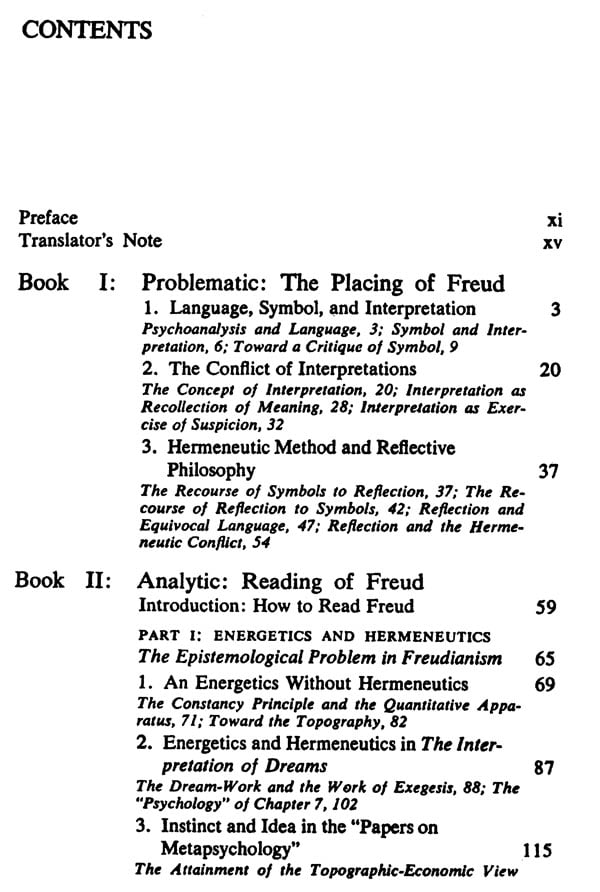
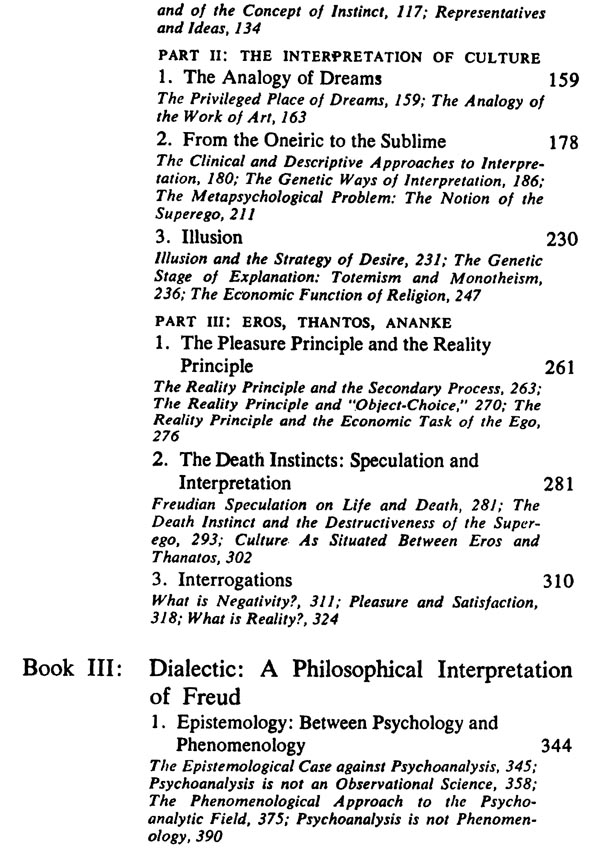
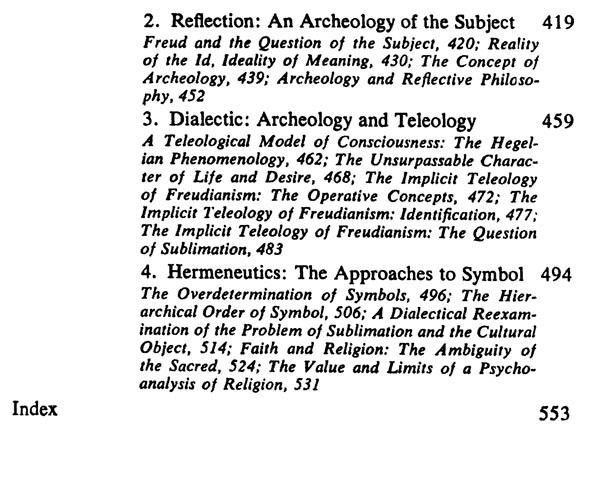
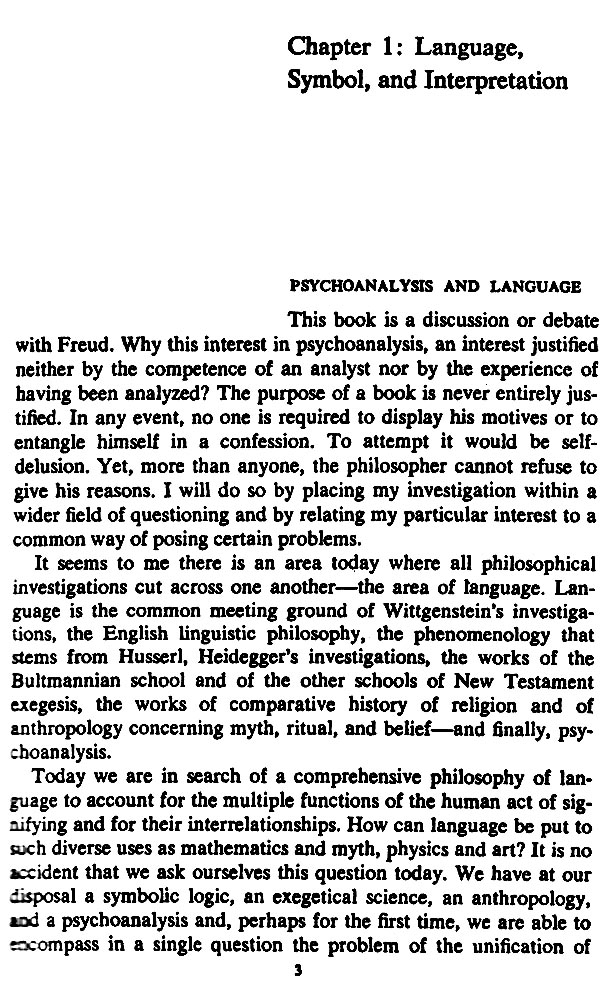
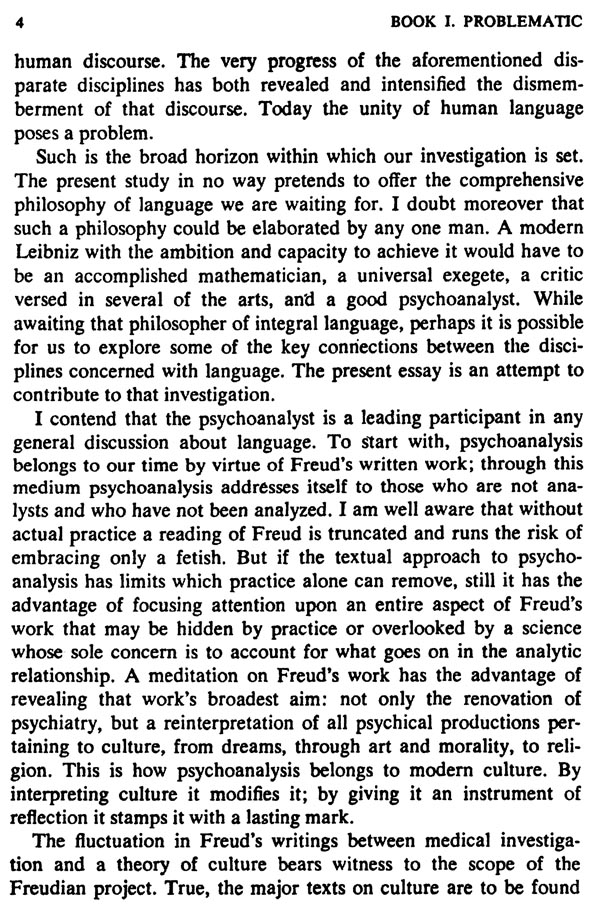

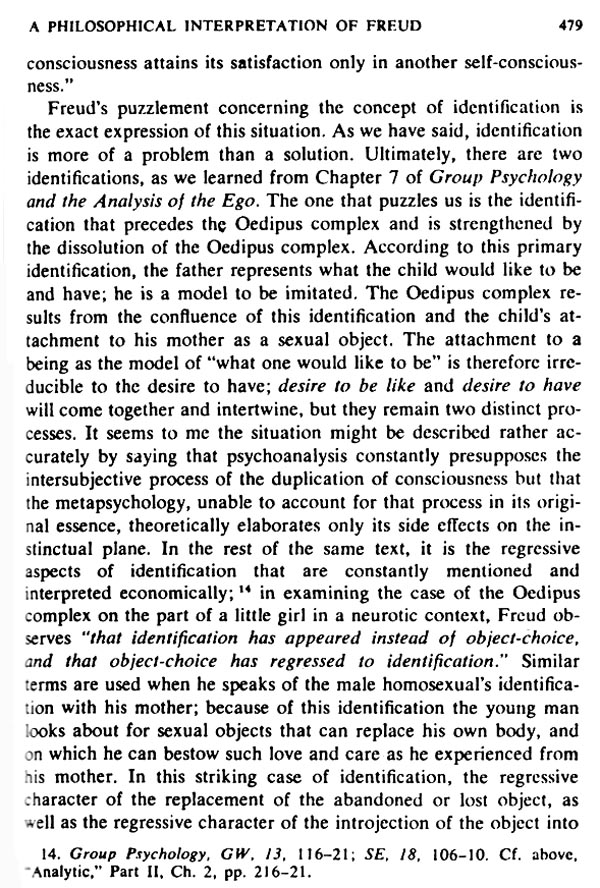
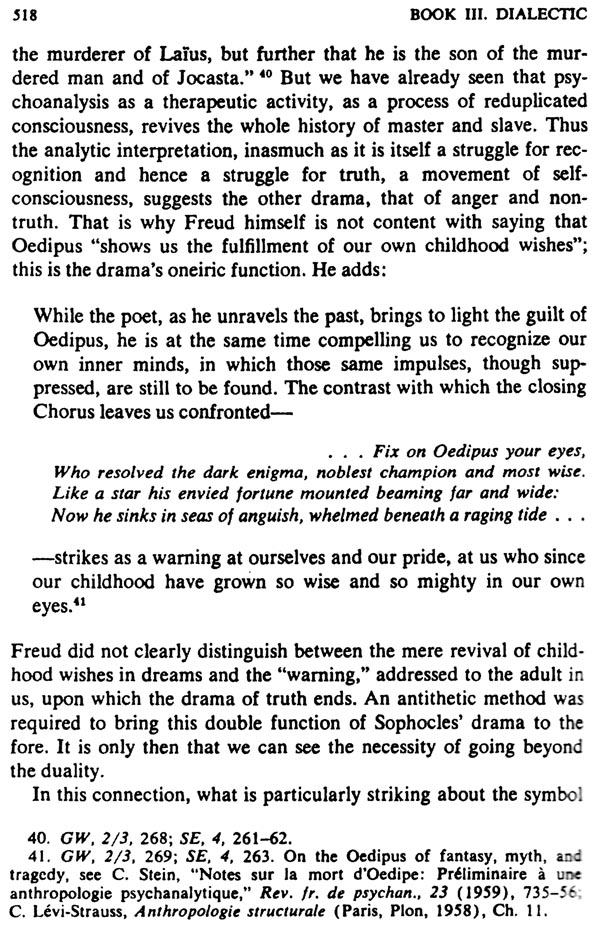
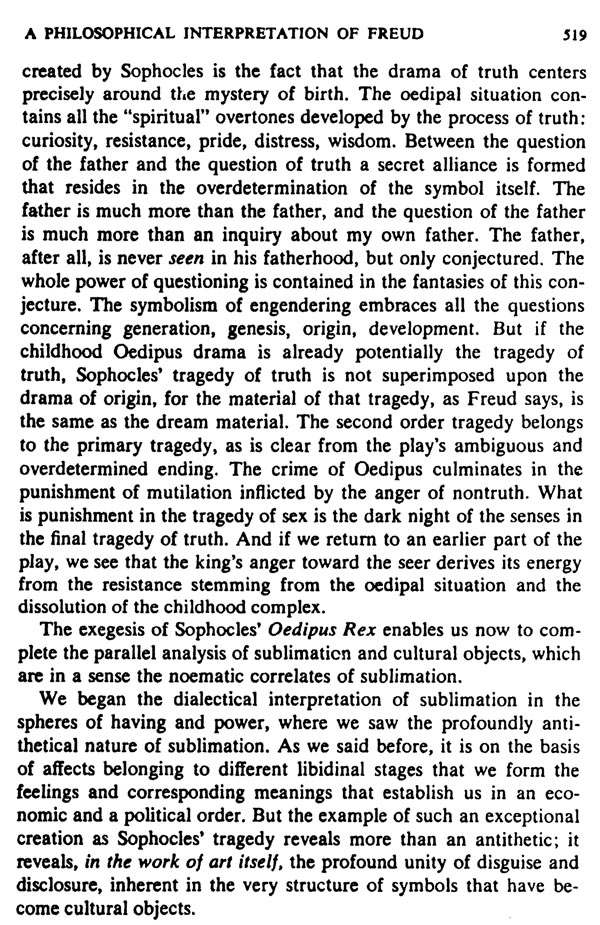
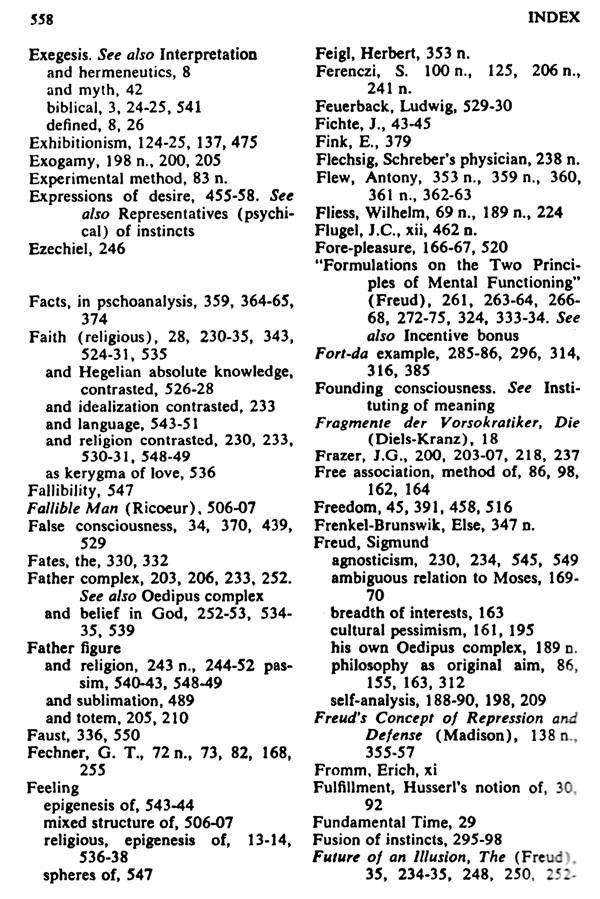
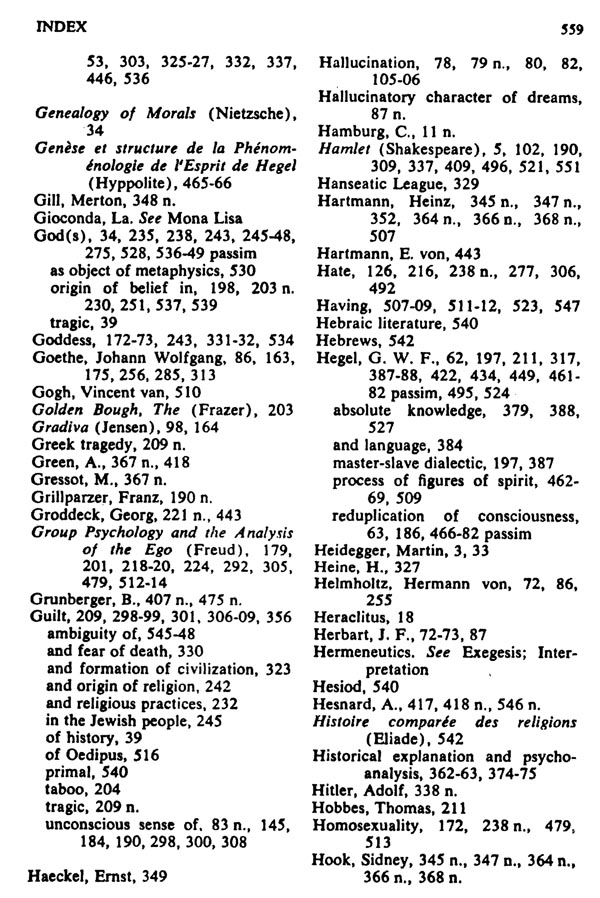
Delivery and Shipping Policy
- INTERNATIONAL SHIPPING
- Rs.1000-1100/kg
- ESTD. Delivery Time: 2-3 weeks (depending on location)
- Bubble Wrapped with Extra Padding
- NATIONAL SHIPPING
- NCR: Rs. 30/half kg
- Standard: Rs. 80/half kg
- Express shipments also available on Request
- ESTD. Delivery Time: Ranging from 1-4 days up to 7 business days (Depending on your choice of Delivery)
- TRACKING
- All orders; national or international, will be provided with a Tracking ID to check the status of their respective orders
- Depending on the Shipping Service, Tracking ID may be used on their respective tracking portals
Frequently Asked Questions (FAQs)
Domestic Shipping: 3-4 Days (after shipping)
International Shipping: 1-2 weeks (based on your location)
You will receive an email once your order has been shipped or you can email us if you didn't receive tracking details (info@mlbd.co.in)
Every book that we sell is the latest edition except all the rare books
Yes, we do provide free shipping, only on domestic orders (within India) above Rs.1500












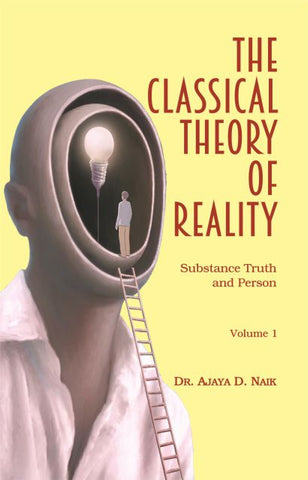
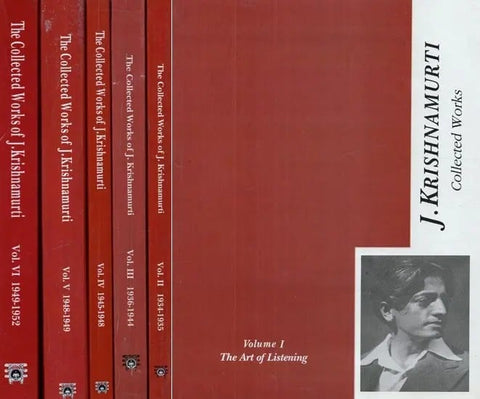

![A HISTORY OF INDIAN PHILOSOPHY [5 VOLUMES] by Surendranath Dasgupta](http://www.motilalbanarsidass.com/cdn/shop/products/HISTORYOFINDIANPHILOSOPHY_large.jpg?v=1675238163)
